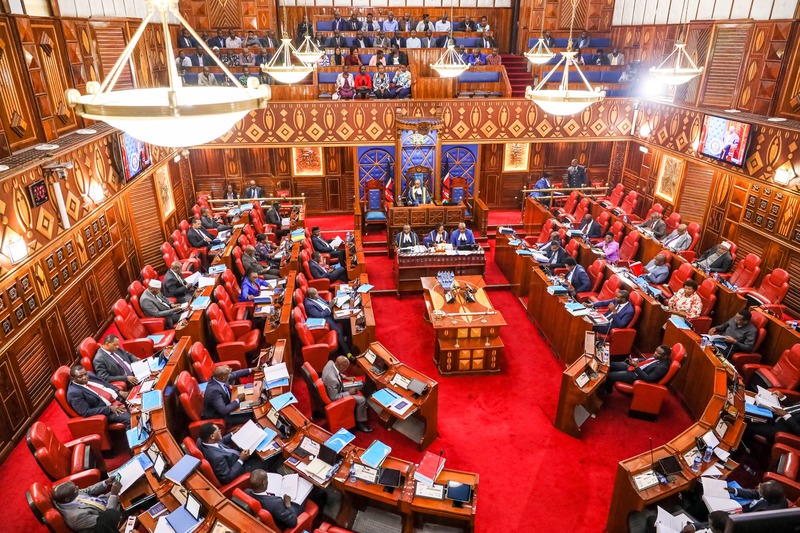Betting withdrawal tax could drive users to unregulated platforms, Budget Office warns

Under the new Finance Act 2025, any money taken out of a betting account is taxed, regardless of whether it is winnings or the original deposit.
The Parliamentary Budget Office (PBO) has cautioned that the new tax regime on betting withdrawals may deter players from using regulated platforms, raising concerns over government revenue and industry growth.
The PBO report highlights that casual and small-scale bettors may be discouraged by the 5 per cent tax applied to any withdrawal from betting or gaming wallets, even if no profit is made.
More To Read
- Ruto signs laws to regulate gambling, shorten tenure of roads agency bosses
- MPs pass Gambling Bill, impose heavy fines and jail terms
- Betting crisis: Why Kenya cannot ban popular Aviator game
- Betting firms to finance rehabilitation of addiction victims under proposed gambling law
- Betting firms may be rigging outcomes to avoid paying taxes, MPs warn
- Crackdown on illegal betting sites sparks renewed calls for total gambling ban in Kenya
This, it warns, could encourage players to shift to unregulated betting platforms, undermining the government’s objective of formalising the sector.
Under the new Finance Act 2025, any money taken out of a betting account is taxed, regardless of whether it is winnings or the original deposit. Previously, only winnings were taxed at 20 per cent under the Income Tax Act.
The report gives a clear example: a player withdrawing deposited funds without placing a bet would still face a tax, which may seem unfair and reduce participation in licensed betting services.
“The new tax on withdrawals has the potential to significantly raise government revenue, but it also risks discouraging participation by taxing both winnings and the original stake,” reads the report.
The office notes that projected revenue is expected to rise from Ksh5.4 billion to Ksh11.4 billion.
However, this target could be affected if the number of active accounts drops or if legal challenges are filed against taxing withdrawals.
The PBO also flagged potential complications in the government’s plan to merge state corporations.
It warns that mergers could result in overlaps in management, loss of technical expertise, and disruption of essential services in areas like research, education, and agriculture.
Institutional resistance is another concern, as agencies may fear losing autonomy or relevance, which could slow implementation and reduce staff morale.
Legal and regulatory hurdles may further delay consolidation efforts if not properly addressed.
Despite the risks, the report describes the mergers as a strategic move toward more self-sufficient and efficient state corporations.
“Beyond direct cost savings, the mergers will likely result in more efficient service delivery, improved regulatory oversight, and better use of public resources, contributing to long-term fiscal sustainability and stronger institutional performance,” reads further
The PBO concludes that with reduced reliance on government financing, merged entities will need to find innovative ways to fund operations and maintain service continuity.
Top Stories Today












































